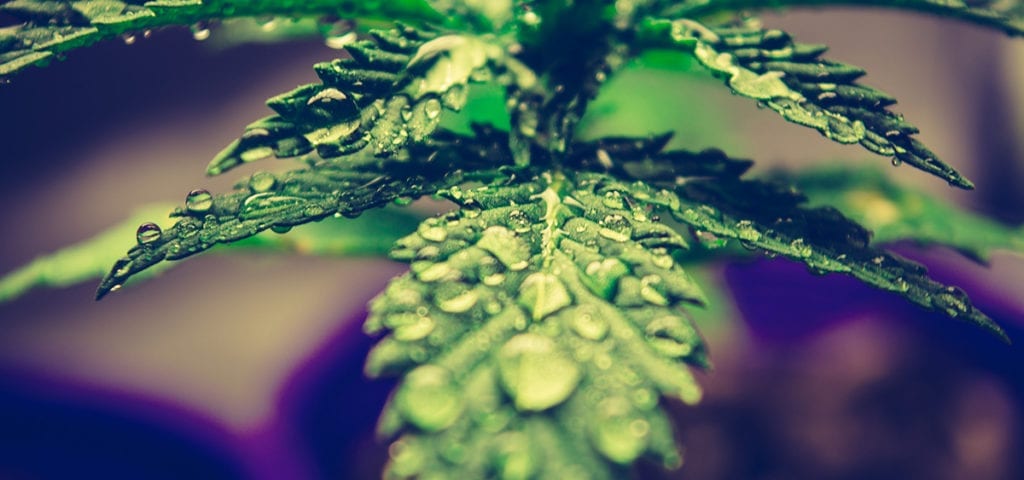Researchers in China have found evidence that cannabis was used in mortuary rituals as early as 500 B.C, according to a study published Wednesday in the journal Science Advances. The researchers’ analysis also suggests that the ancient population might have been selectively cultivating cannabis high in THC for their burial rituals, perhaps for mind-altering purposes.
The team found 10 wood brazier fragments at a burial site but noted that their “immediate use was not clear.” After using gas chromatography-mass spectrometry on the wood fragments and burnt stones lining the burial site, they found higher levels of CBN – a cannabis biomarker.
“THC is the most potent psychoactive component in cannabis, but it readily decomposes and oxidizes into CBN if exposed to air, light, or heat. CBD, another biomarker of cannabis, is not psychotropic, and cannabis with a high THC content often contains a low level of CBD,” the researchers explain in the study. “The cannabinoids detected on the wooden braziers are mainly CBN, indicating that the burned cannabis plants expressed higher THC levels than typically found in wild plants.”
They added that wild cannabis plants would contain “relatively equivalent amounts of THC and CBD” and that evidence of CBD degradation were undetected in the burning residues.
“Modern perspectives on cannabis vary tremendously cross-culturally, but it is clear that the plant has a long history of human use, medicinally, ritually and recreationally over countless millennia.” – Robert Spengler, an archaeobotanist at the Max Planck Institute for the Science of Human History, who worked on the study, via the New York Times
The study authors also suggest that their discovery might imply “that the ritualistic ‘smoking’ of cannabis was gradually popularized from the elite class to the common people in the eastern Pamirs in China at least 2,500 years ago,” since those buried at the plot do not appear to be of the upper class.
Get daily cannabis business news updates. Subscribe
End
